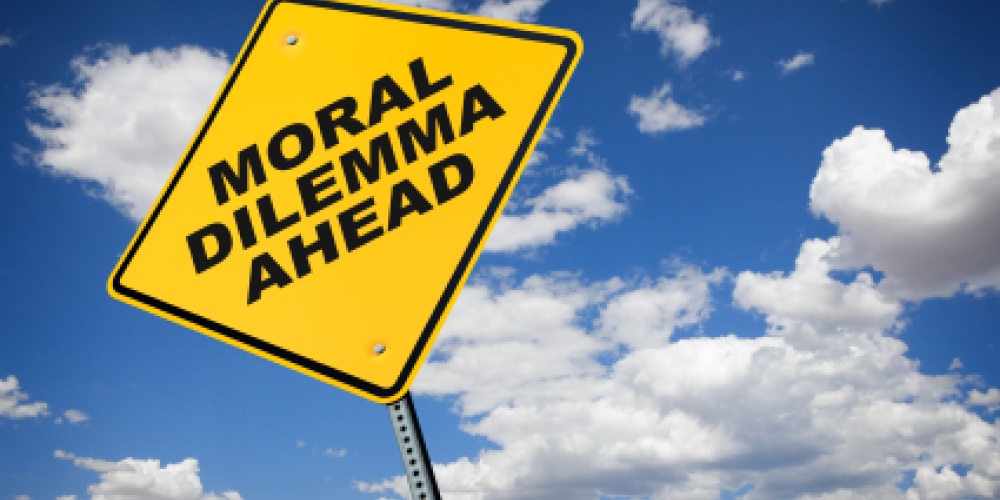
The mark of maturity is the ability to disagree with others respectfully; to be able to appreciate the integrity and sincerity of an argument even as you may fundamentally disagree with it. This is easier said than done, and it is truly the rare individual who can walk this fine but crucial line.
As hard as this may be for individuals, it is infinitely harder when dealing with issues debated in the public square. When was the last time you heard a politician praise his opponent’s ideas and then explain why he may disagree? And if one adds religion to the mix, fostering respectful disagreement can be next to impossible. This seems to be the debate brewing between the Catholic Church and government of Ontario over the government’s introduction of Bill 13. In their noble bid to curb all forms of bullying in the school system, the government has mandated that schools allow the introduction of “gay-straight alliances” where students can meet and feel safe. Such a club has been initiated at the Jewish community school (the largest in North America) where I teach.
The Catholic school board (unlike other denominational schools) has publically expressed its agreement to ensuring gays will be protected (if such a concept can actually be achieved by any legislation!).They have agreed to initiate such clubs in their schools, but want them called by another name. Naming a club “gay-straight” would violate Catholic teachings, as in their eyes, it would proclaim that living a gay lifestyle is as legitimate as a traditional marriage. Such a view cannot—understandably!—be taught in a Catholic (or, need I add, in a Jewish) context. The government is refusing to budge, and the debate has hit the front pages; it has led some to call for cessation of public funding to Catholic schools.
This whole debate seems rather petty and immature to me. There is no debate on the legislation itself. Rather, we are fighting over a title. While words can be important, does it really matter what an anti-bullying club is called?
In today’s politically correct world, one may not say that they find other views wrong, especially as they relate to homosexuality. We equate disagreement with an idea with rejection of a person. Is one not allowed to explain that he sees certain behavior as a sin, as long as he accepts the sinner? At the same time, I understand that in our secular society it might (note that I stress might) be appropriate that secular governments recognize gay marriage. As religious Jews, we should be especially sensitive to having religious views foisted onto governments. Yet while I might advocate for gay rights, I really need not teach others that I believe that their marriages are morally equivalent. And having governments tell me that I must is not at all healthy.
Such debate highlights our inability to disagree without being disagreeable, and it’s not limited to gays and Catholics. It seems so representative of so much in our current Jewish life. As an Orthodox rabbi, I can and often do respect the views of the non-Orthodox even when, to put it bluntly, I think they are wrong. Their views are often intellectually rigorous, based on deep personal conviction and sincerity, and often flow naturally from religious assumptions they hold. If one does not believe the Torah is of divine origin, then it is reasonable to introduce changes to it to conform with what they believe is in the best interest of the times. I would expect a Reform rabbi to have the same attitude toward my beliefs, respecting them even as they may think they are wrong. With our value system rooted in the belief of the divine origin of both the written and oral law, I am going to view religious reform much differently.
Tragically, in my mind, a combination of deep respect and deep disagreement in these discussions is not easy to find. And while others may share these views, they are, mindful of today’s political realities, often too afraid to state them for the record.
I can think of no better way to end this than with the words of Rav Aharon Lichtenstein (Leaves of Faith, Volume 2, page 360). “We should not only concede but assert that, whatever their deviations, other camps include people genuinely in search of the Ribbono Shel Olam; that secular Jewry, too, harbors moral idealism and a commitment to K’lal Yisroel; and that, while we reject leveling compromises, we strive for understanding and respect. This will no doubt seem excessively liberal to some and terribly patronizing to others; but such responses should hardly faze us.”



